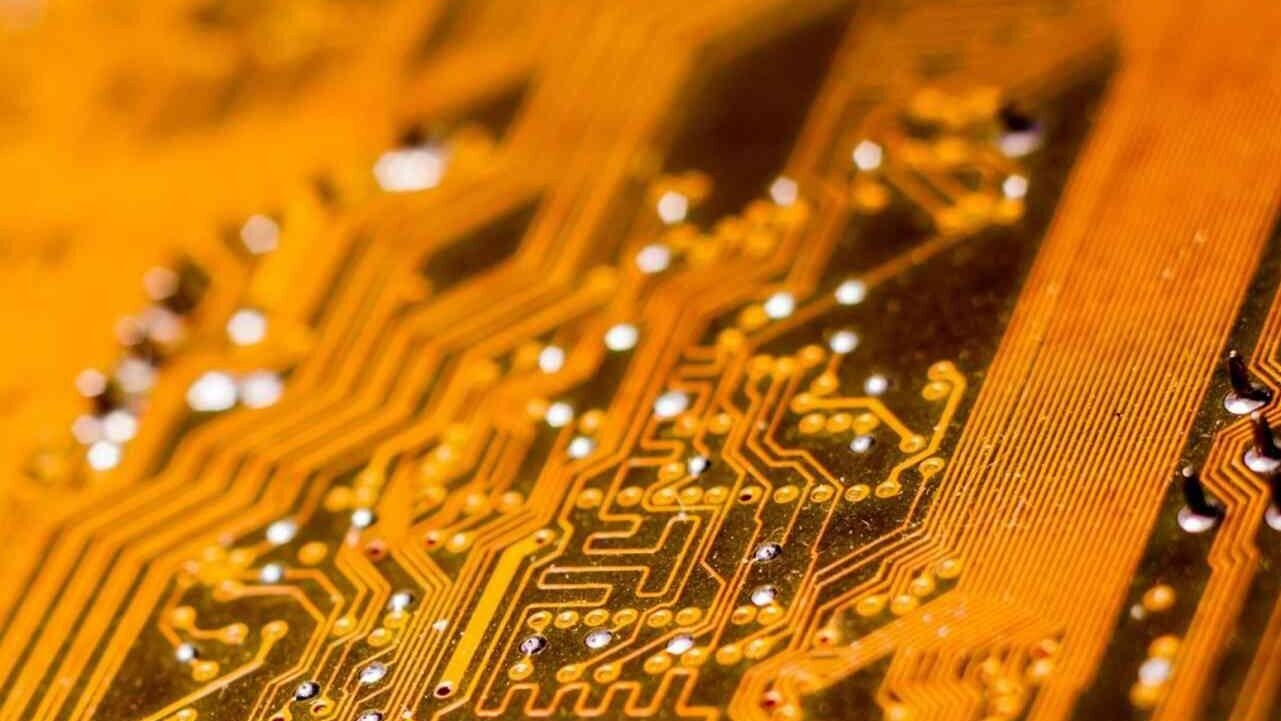FLLOW US:
Copper Flexible Circuits-FPC Membrane Switches
With technological advancements, copper flexible circuits, commonly known as FPCs, play an increasingly pivotal role in the design of membrane switches. Thanks to their unique mechanical and electronic characteristics, these flexible circuits are particularly suited for use in membrane switches, offering a plethora of design and functional possibilities for modern user interfaces.
1. Substrate
- Polyimide (PI): Serving as the core material for FPCs, it provides excellent electrical insulation and thermal stability within membrane switches.
- Polyester (e.g., Mylar): This might be chosen for some low-cost membrane switch applications.
2. Conductive Layer
- Copper Foil: As the primary conductor for FPCs, it provides the critical touch and control functions for membrane switches.
- Electrolytic Copper: Despite its good conductivity, the columnar structure of electrolytic copper may pose a risk of fracture in flexible switches, especially those requiring bending.
- Rolled Copper: The horizontal layered structure of rolled copper offers a higher bend tolerance in membrane switches.
3. Adhesive
- Ensures the copper foil is firmly attached to the substrate, providing stable touch and control functions for the membrane switch.
4. Protective Layer/Coverlay
- Within membrane switches, this not only provides physical protection but also guarantees the stability and longevity of the circuits.
Key Applications of FPC in Membrane Switches
- Touch Control: Across a range of devices, from household appliances to industrial control equipment, FPC provides sensitive and reliable touch control functions for membrane switches.
- Flexible Design: The flexibility of FPCs allows for diverse designs of membrane switches within constrained spaces, meeting the intricate requirements of contemporary products.
- Durability & Reliability: The FPC in membrane switches offers enduring performance, especially when an appropriate copper foil, such as rolled copper, is selected, which can significantly extend its lifespan.

In conclusion, the application of Copper Flexible Circuits (FPC) in membrane switches has become a standard in modern electronic design. From material selection to the final product design, FPC offers numerous advantages and possibilities, setting new standards for user interfaces and interactive experiences.
